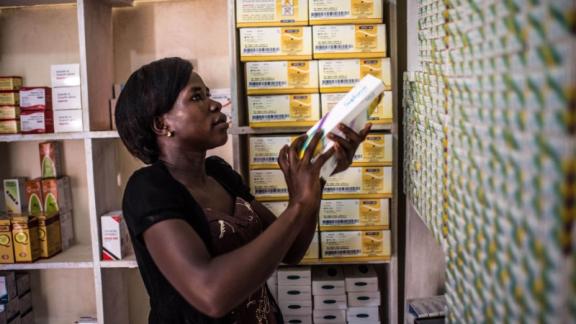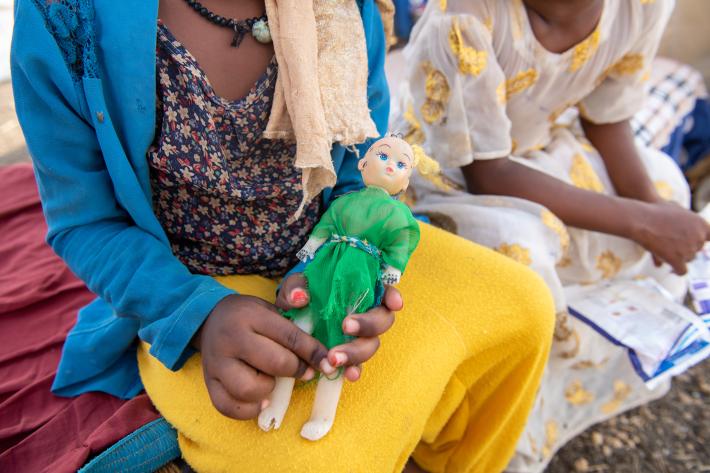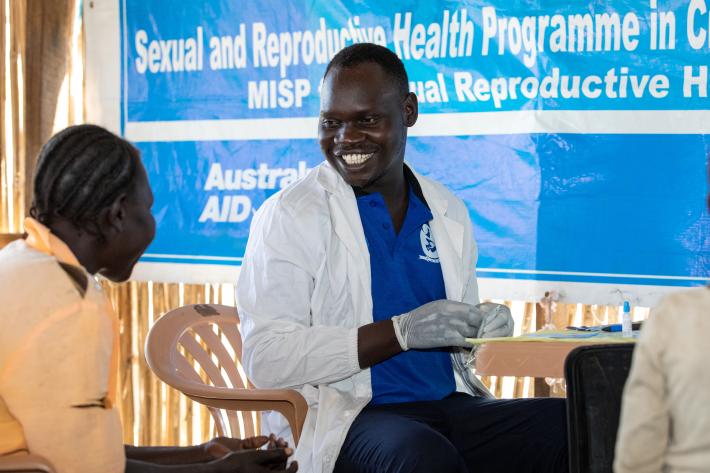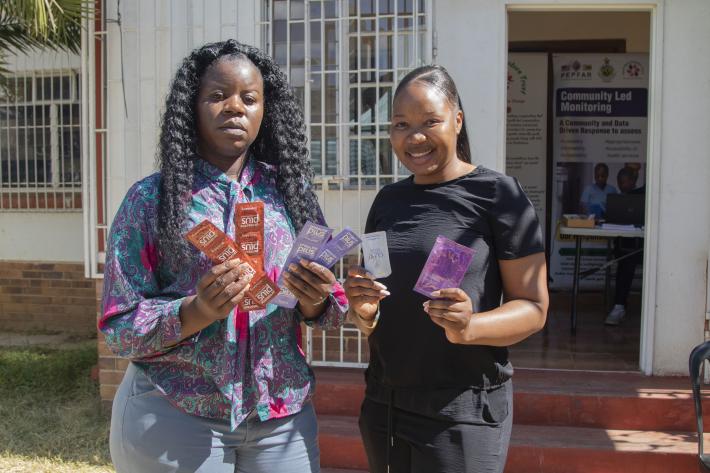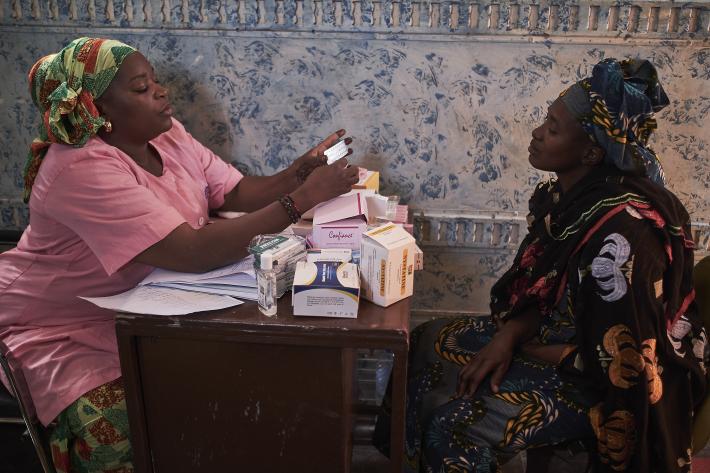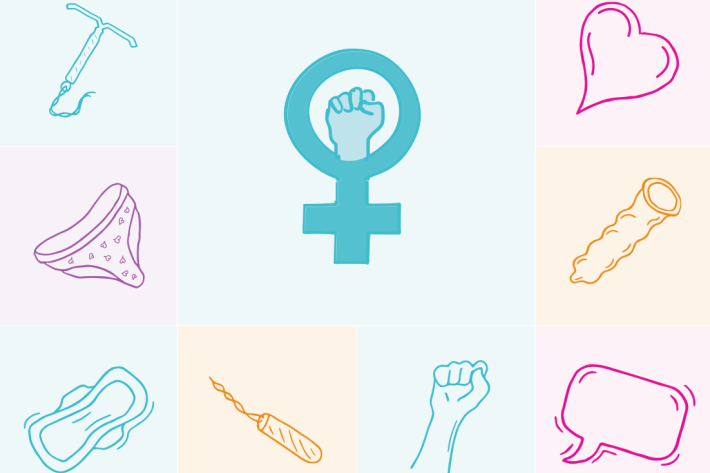Spotlight
A selection of resources from across the Federation

IMAP Statement on Preventing Female Genital Mutilation
This statement provides guidance to prevent, respond to and mitigate the impact of FGM.
Filter our resources by:

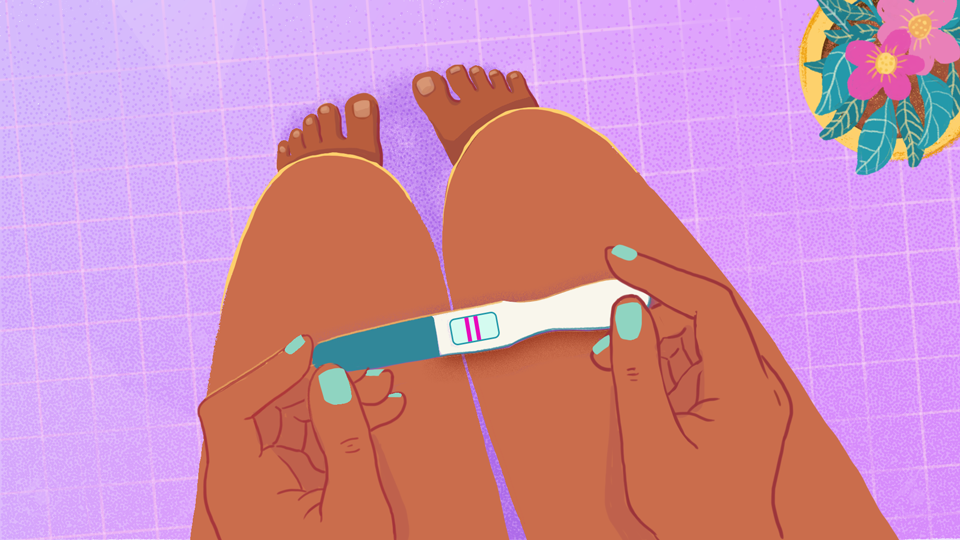
| 27 September 2021
My abortion journey
Ada's abortion journeyTake a journey with Ada to discover her story. Like many people, she has just found out that she is pregnant, but she cannot afford to raise another child. She has decided to have an abortion. What will her options be, and what will she choose? Take a couple of minutes today to share her journey – click "Start" to begin...Your name is Ada. You've found out you are pregnant, but you cannot afford to raise another child. You have decided to have an abortion.What do you do?On the internet, you discover safe2choose.org and read on their website about available abortion care in your country and about others who have also had an abortion. You also find a toll-free number for an IPPF member association in your country that offers abortion information and support.You decide to:You call your friend Maryam, who explains to you that she knows many women who have had one or more abortions. She tells you that she herself has had two. She gives you advice about how to find information online, and also about the clinic where she had her abortions. You decide to:You speak to a safe2choose counsellor by live chat, and she offers confidential and non-judgmental counselling in your language, free of charge.You learn that there are two types of abortion available to you:• An in-clinic procedure called a manual vacuum aspiration (MVA), which includes the use of a suction device to remove the pregnancy. This option is typically offered up to 13 weeks of gestation and takes about 10-15 minutes.• A medical abortion, which involves taking pills to induce an abortion. This option is typically offered up to 12 to 13 weeks' gestation and can be managed in clinic or at home.You decide to:You speak to an IPPF member service provider, who offers you confidential and non-judgmental counselling about your options. They explain the two types of abortion available to you, which the safe2choose counsellors had also explained – medical abortion with pills and manual vacuum aspiration (MVA).You decide to:They explain two types of abortion available to you:• An in-clinic procedure called a manual vacuum aspiration (MVA), which includes the use of a suction device to remove the pregnancy. This option is typically offered up to 13 weeks of gestation and takes about 10-15 minutes.• A medical abortion, which involves taking pills to induce an abortion. This option is typically offered up to 12 to 13 weeks' gestation and can be managed in clinic or at home.You decide to:On the internet, you discover safe2choose.org and read on their website about available abortion care in your country and about others who have also had an abortion. You speak to one of their counsellors by live chat, and she offers confidential and non-judgmental counselling in your language, free of charge.You learn that there are two types of abortion available to you:• An in-clinic procedure called a manual vacuum aspiration (MVA), which includes the use of a suction device to remove the pregnancy. This option is typically offered up to 13 weeks of gestation and takes about 10-15 minutes.• A medical abortion, which involves taking pills to induce an abortion. This option is typically offered up to 13 weeks in-clinic or up to 12 weeks at home.You decide to:You've made the choice that best suits your needs and situation, and you've been supported to do so throughout the process. safe2choose.org and IPPF offer information, support and a range of options for person-centred and rights-based abortion care for everyone, regardless of their age, religion, nationality or social class. safe2choose's team of international counselors are here for support throughout the process at anytime. IPPF offers quality and non-judgmental abortion care through static clinics, community-based care, remote counseling, and support for self-managed medical abortion.For further information, please visit the following:• safe2choose's information on medical abortion and manual vacuum aspiration (MVA)• IPPF's short videos on medical abortion and manual vacuum aspiration (MVA)• Brands of medical abortion available at country level – safe2choose information and MedAb.orgYou visit a midwife at an IPPF member clinic who offers you confidential and non-judgmental counselling about your options.They explain two types of abortion available to you:• An in-clinic procedure called a manual vacuum aspiration (MVA), which includes the use of a suction device to remove the pregnancy. This option is typically offered up to 13 weeks of gestation and takes about 10-15 minutes.• A medical abortion, which involves taking pills to induce an abortion. This option is typically offered up to 12 to 13 weeks' gestation and can be managed in clinic or at home.You decide to:You've made the choice that best suits your needs and situation, and you've been supported to do so throughout the process.Abortions are very common and one of the safest medical procedures when done under the right conditions and with the right information. Everyone regardless of their age, religion, nationality or social class deserves access to a safe abortion. safe2choose.org and IPPF offer information, support and a range of options for person-centred and rights-based abortion care.safe2choose's team of international counsellors are here to support you throughout the process at anytime.You speak to an IPPF member service provider, who offers you confidential and non-judgmental counselling about your options.They explain two types of abortion available to you:• An in-clinic procedure called a manual vacuum aspiration (MVA), which includes the use of a suction device to remove the pregnancy. This option is typically offered up to 13 weeks of gestation and takes about 10-15 minutes.• A medical abortion, which involves taking pills to induce an abortion. This option is typically offered up to 12 to 13 weeks' gestation and can be managed in clinic or at home.You decide to: Also available in French, Spanish, and Portuguese
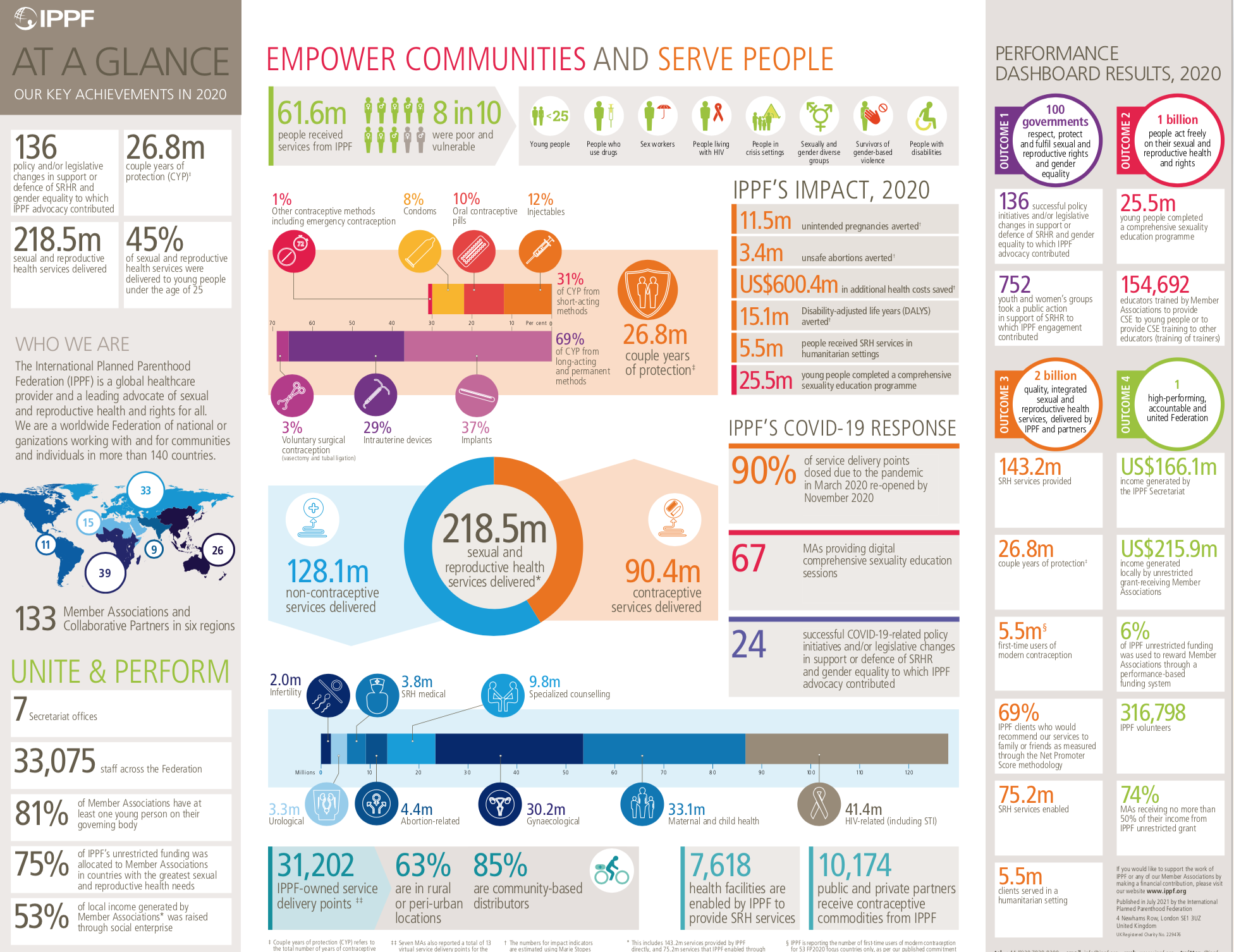
| 10 September 2021
At a Glance 2020
At a Glance 2020 is a summary of our key achievements from our 2020 Annual Performance Report. The document is available in Arabic, English, French, and Spanish.
| 06 September 2021
IMAP Statement - Reproductive Health in a Time of COVID-19
This statement is intended to support and guide IPPF Member Associations and other sexual and reproductive health and rights (SRHR), humanitarian and development organisations regarding COVID-19 and vaccination and the impact on delivery of sexual and reproductive healthcare (SRH). It covers issues related to advocacy to address health inequalities and stigma, in addition to medical and service delivery recommendations, evidence and practical guidance from the scientific community.
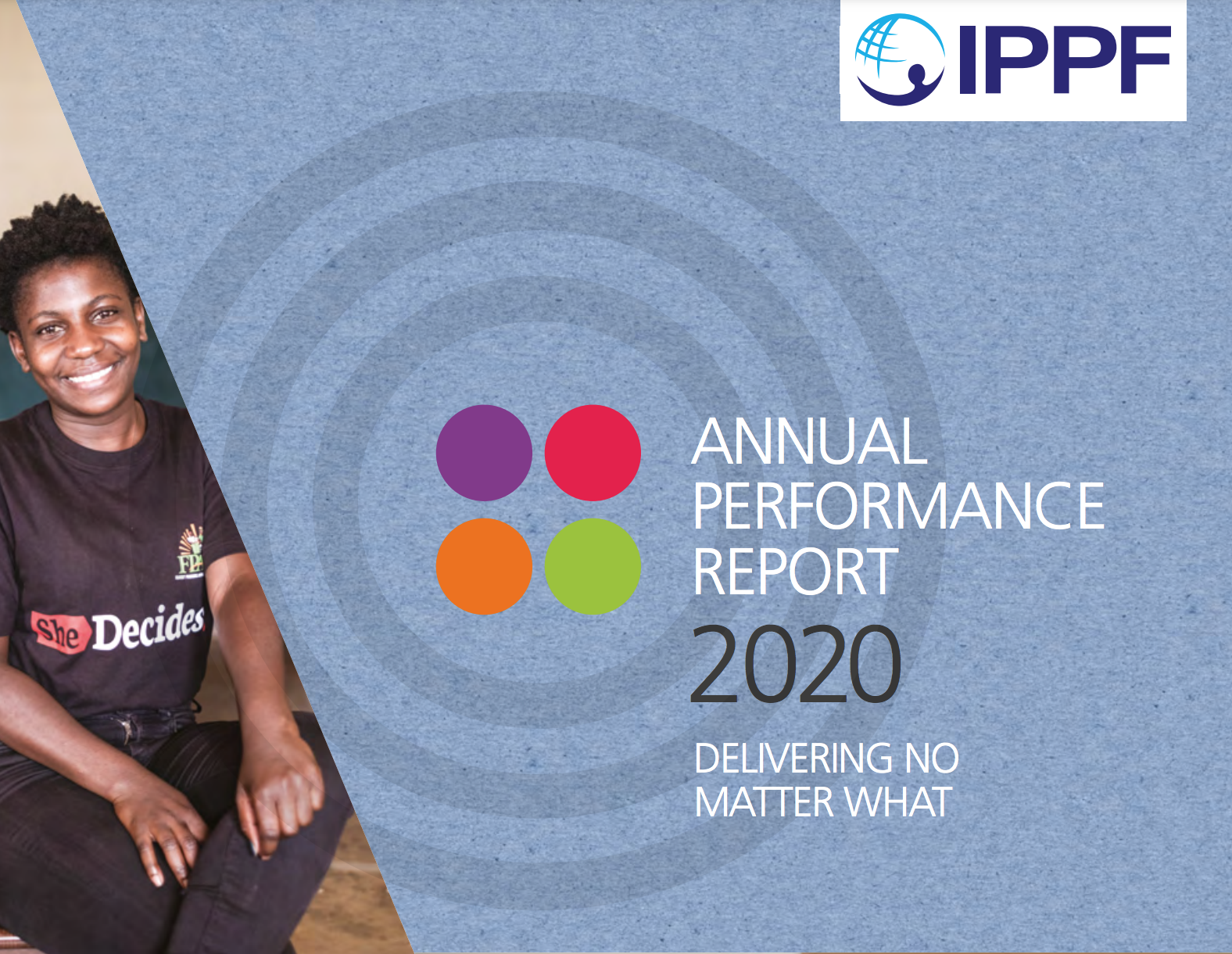
| 06 July 2021
2020 Annual Performance Report
IPPF’s Annual Performance Report 2020 summarizes progress made in the fifth year of the Strategic Framework 2016–20221 and describes the vital work of IPPF as a global service provider and advocate of sexual and reproductive health and rights for all. In 2020, IPPF delivered 218.5 million sexual and reproductive health services; 121.8 non-contraceptive services and 90.4 million contraceptive services delivered.

| 29 June 2021
Financial Statements 2020
The Board of Trustees presents its reports and the audited consolidated financial statements for the year ended 31 December 2020 under the Charities Act 2011. The International Planned Parenthood Federation (IPPF) is a global service provider and a leading advocate of sexual and reproductive health and rights for all. IPPF is a worldwide movement of national organizations working with and for communities and individuals, focusing support on those who are poor, marginalized, socially-excluded and under-served. IPPF currently has 118 Member Associations (MAs), working in 129 countries (the Caribbean Family Planning Affiliation operates in 12 countries). In addition, IPPF has 13 national Collaborative Partners (CPs) and two International Collaborative Partners (ICPs) working in a further 13 countries where there is not currently a Member Association. This brings the total number of countries in which IPPF is working to 142. The Member Associations of IPPF are all autonomous and report independently, and their financial statements are therefore not presented here. The financial statements contained herein have been prepared in accordance with United Kingdom Generally Accepted Accounting Practice, including the ‘Statement of Recommended Practice applicable to charities preparing their accounts in accordance with the Financial Reporting Standard applicable in the UK and Republic of Ireland (FRS 102)’ (SORP 2019), and applicable UK law. The financial statements include the charity, comprising the central office and three regions, South Asia, East and South-East Asia and Arab World regions; and the group which additionally includes the Africa and Europe regions and IPPF World Wide Inc. The separate autonomous business unit representing the Western Hemisphere left IPPF on 31 August 2020.
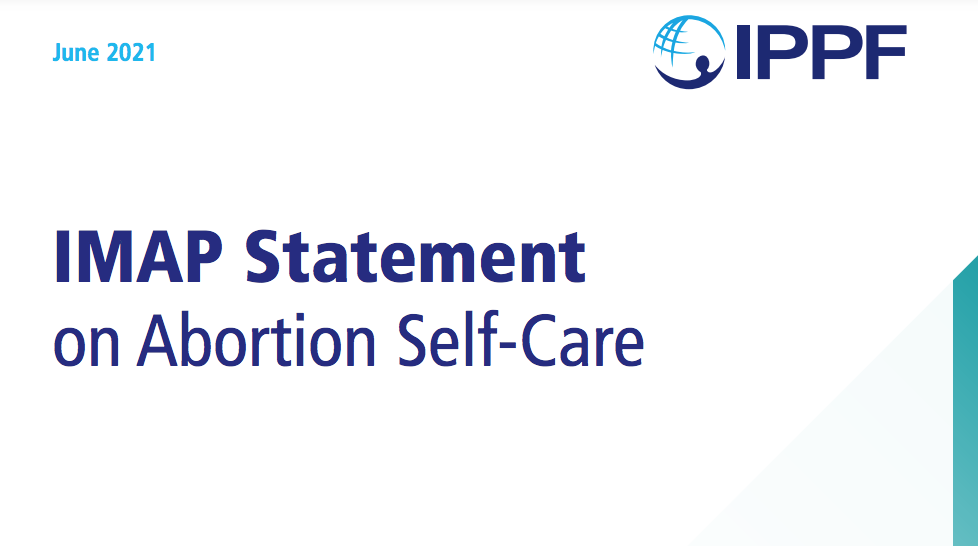
| 10 June 2021
IMAP Statement Abortion Self-Care
IPPF understands abortion self-care as the right of women and girls to lead, in part or entirely, their abortion process, with or without support from health providers. Guided by the existing evidence and practices, this statement provides practical recommendations for IPPF Member Associations and other sexual and reproductive health stakeholders on how to manage abortion care within a people-centred model which empowers individuals and is supported by community collectives and social networks, however still backed-up by the healthcare system whenever needed or required. This statement also serves as an advocacy tool to create an enabling environment for abortion self-care.
| 28 April 2021
Stigma-Free Abortion Services in Ghana - A report
From August 2019 to January 2021, Youth Development Labs (YLabs) partnered with Planned Parenthood Association of Ghana (PPAG) on the Stigma-Free Abortion Services (StigFAS) project, with the goal of increasing access to safe abortion services for young women and girls in Accra, Ghana. The project approach involved exploring the challenge through participatory qualitative research, developing an intervention through a youth-driven design process, and implementing a small pilot program. The intervention consisted of three complementary elements designed to increase girls’ awareness of safe abortion options and improve their linkage to sexual health services, including safe abortion care. These elements were Girl Boss, a future-focused outreach program led by female peer mentors Sister Support, a free phone/text confidential counseling and referral service Safe Pass, a partnership with local pharmacists to guide girls to safe abortion services. Take a look at our final report on this project via the link attached above.
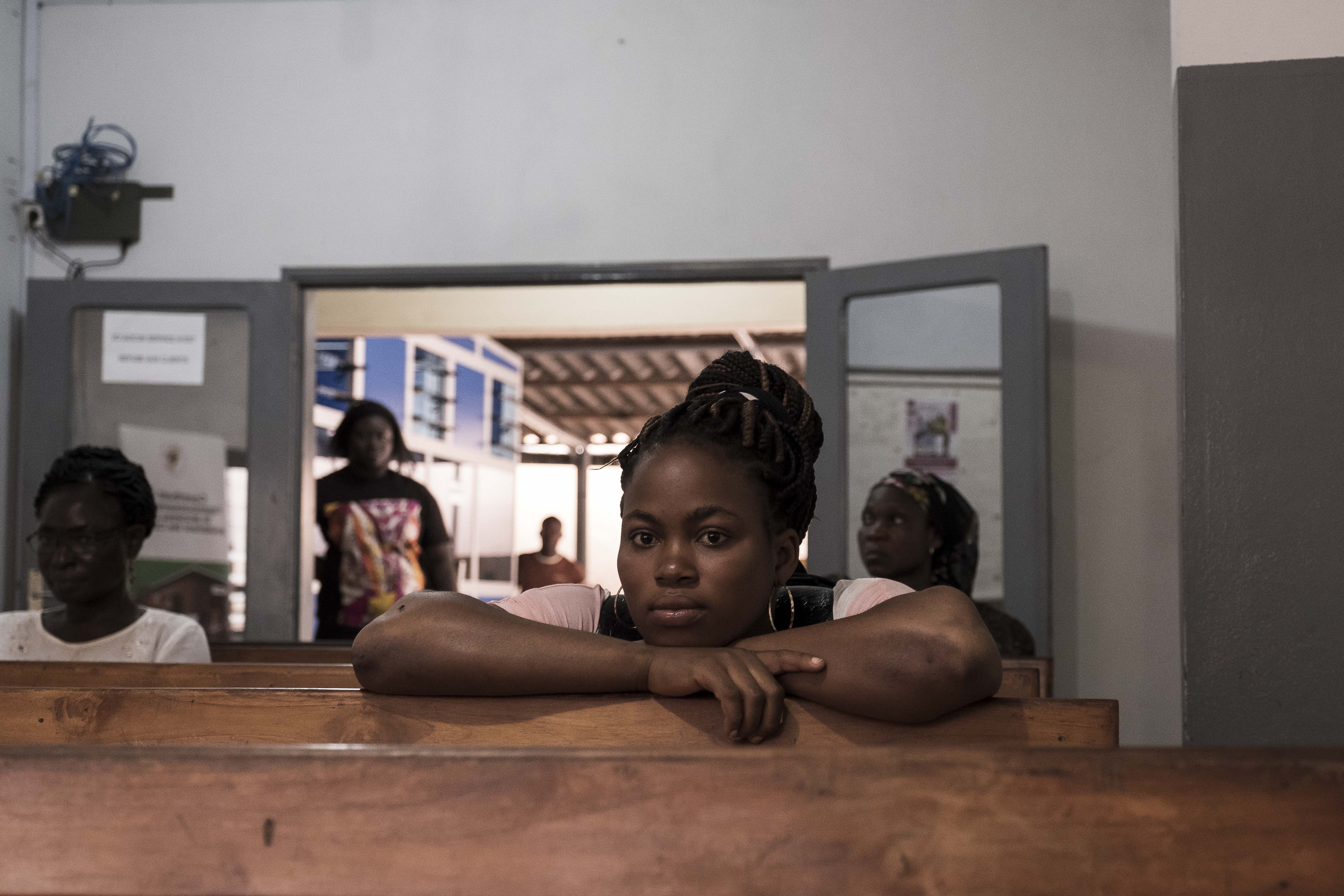
| 10 February 2021
Reducing Abortion Stigma: Global Achievements since 2014
Abortion stigma affects everyone: individuals, communities and service providers. Young women and adolescent girls bear the brunt of abortion stigma. It causes delays in people seeking abortion and stops others from accessing it, leading to unintended pregnancies. Stigma drives abortion underground, where it is more likely to be unsafe. Since 2014, the support of the David & Lucile Packard Foundation has enabled IPPF to reduce abortion stigma affecting young people around the world, working directly with Member Associations in six countries (Bénin, Burkina Faso, India, Pakistan, Ghana and Nepal). Meaningful youth participation has ensured that young people’s lived experiences were central in every aspect of this work. This project has also supported smaller ground-breaking youth-led projects in 14 different countries: Albania, Colombia, Ghana, Guinea, Kenya, Macedonia, Nepal, Nigeria, Palestine, Puerto Rico, Sierra Leone, Spain, Tanzania and Venezuela. This document highlights the achievements and learnings from the Abortion Stigma Project between 2014 and 2020, including case studies, research and evidence generated around abortion stigma, and popular resources and tools developed throughout the project, and more. We invite you to read more on this ground-breaking work in Reducing Abortion Stigma: Global Achievements since 2014
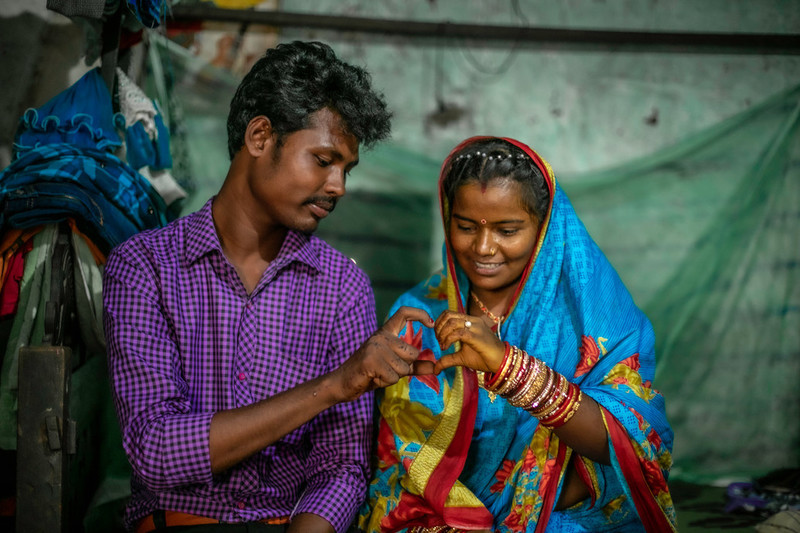
| 09 February 2021
Policy brief: Engaging men and boys in sexual and reproductive health and rights – learning from three diverse contexts
This policy brief summarises learning from three IPPF Member Association research projects on engaging men as clients, partners and change agents between 2016–2020. Despite diverse settings, common key insights include the primary importance of changing norms to enable engagement; identifying key influencers and networks to achieve this; and centralising positive masculinity. Initiatives should involve men and boys initially to localise approaches to the context and establish the most effective entry point to engage men and boys as clients, partners and agents of change.

| 25 January 2021
U.S. 990 2021
Download the IPPF's 2021 "Return of Organization Exempt From Income Tax" U.S. 990 report below.
Pagination
- First page
- Previous page
- …
- 5
- 6
- 7
- 8
- 9
- …
- Next page
- Last page







